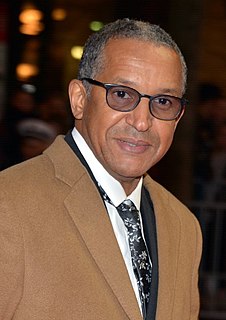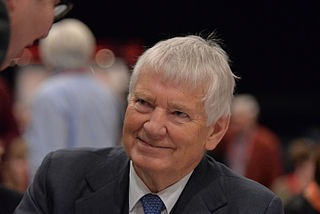A Quote by Trevor Paglen
We didn't have to use technology to build a surveillance state.
Quote Topics
Related Quotes
I'm a woman in technology, I think that we have to consider our border and use the technology we have to be sure that we secure it. If you build a six foot wall, somebody may jump eight feet. But, maybe there's surveillance... there's many high tech things that we can use to be sure we are protecting our borders.
I want to build a wired ocean that helps us take back the seas from poachers and illegal fishers. To do this, we need the latest technology applied to large pelagic fish and sharks, surveillance technology that helps protect marine protected areas, and tags that help prevent shark finning and illegal fishing. We must use modern sensors to help protect our seas!
The combination of the growth of these digital technologies, the ability of the government to conjure up these secret interpretations, plus a very unusual and novel court make for this ever-expanding surveillance state. We so treasure our freedoms; we will regret it if our generation doesn't use this unique time to reform the surveillance laws and make it clear that security and liberty are not mutually exclusive. We can do both.
The merging of the military-industrial complex, surveillance state and unbridled corporate power points to the need for strategies that address what is specific about the current warfare and surveillance state and the neoliberal project and how different interests, modes of power, social relations, public pedagogies and economic configurations come together to shape its politics.
Of course, technology is very important now. It's there, its available. It's there to be use however you see fit. You can use it and the jihadist can use it. In their case they have been very effective at making use of technology, particularly with websites. It's primarily through these websites that they do their recruiting. But it's not technology that makes them that way.







































